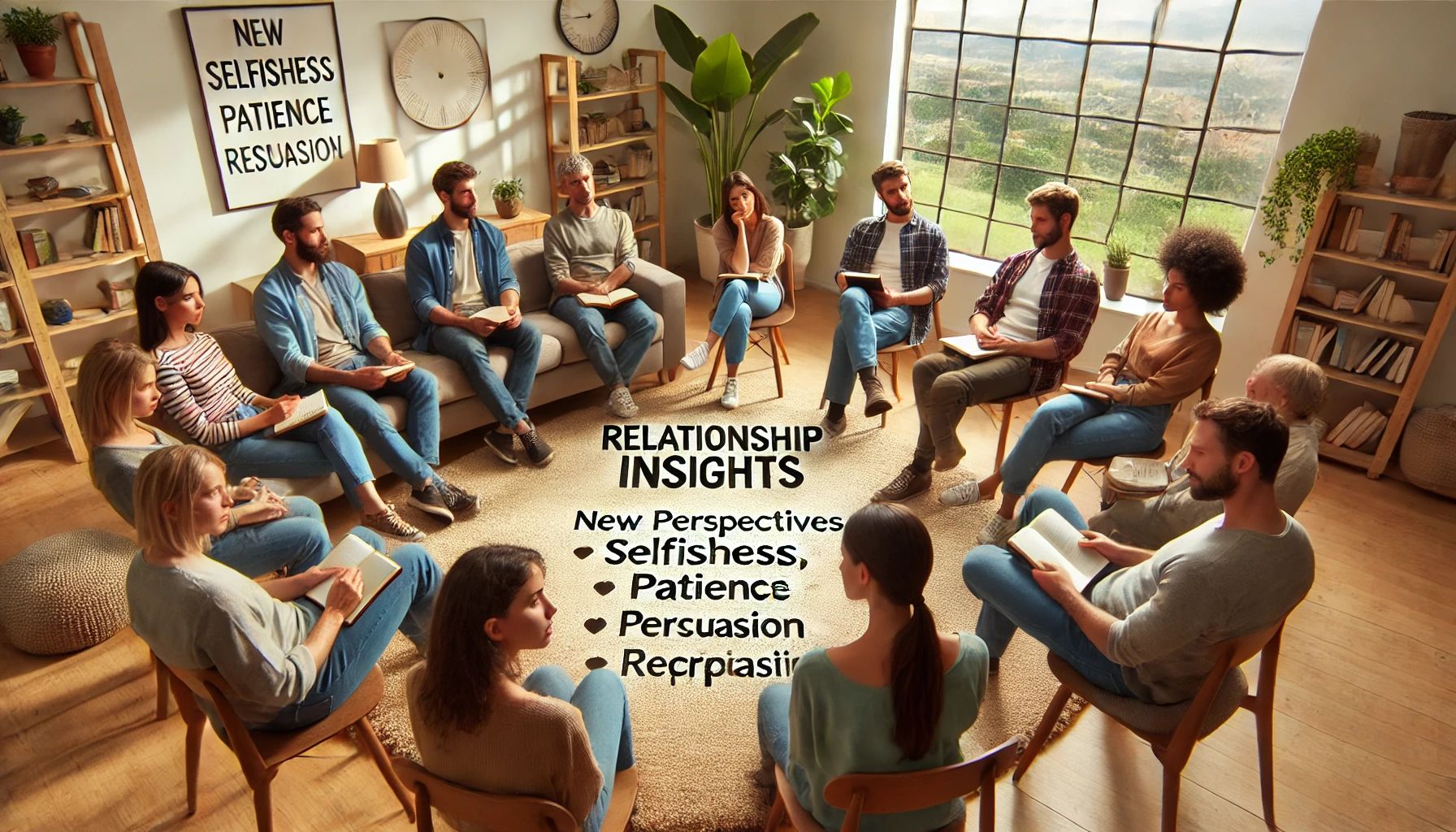
Each of us carries ingrained beliefs about relationships, shaped by our upbringing and experiences. These beliefs often dictate our actions, but what if these interpretations are flawed? Let's delve into some prevalent misconceptions and uncover where we might have misunderstood.
1. Being Selfish is Bad Interpretation: For good relationships, one must sacrifice their own needs.
The notion that prioritizing oneself equates to selfishness can lead to detrimental relationship dynamics. Striving to be accepted by putting others first often results in self-neglect and resentment. True relationship health lies in recognizing and respecting both parties' individual needs and choices.
2. "Patience and Labor for All People" Interpretation: If something bothers you about your partner, swallow your feelings to maintain harmony.
Patience isn't about passively enduring discontent. It's about staying composed during challenges and fostering open dialogue. Suppressing concerns only fuels misunderstanding. Patience rewarded with constructive communication can resolve issues effectively.
3. "Water Wears Away Stone" Interpretation: Consistently persuade someone, and they will eventually agree.
People change, but coercion rarely fosters genuine growth. Acceptance and understanding, coupled with time and patience, create space for mutual respect and compromise. Rushing change through persistence seldom yields lasting harmony.
4. "You Reap What You Sow" Interpretation: Treat others well, and they will reciprocate.
Expecting direct reciprocation overlooks individual motives and complexities. Actions stem from personal drivers, not obligations. Instead of expecting mirrored behavior, focus on genuine kindness and understand that reactions vary.
5. "You Can't Step into the Same River Twice" Interpretation: If a relationship fails once, it's doomed to repeat.
While each encounter is unique, relationships evolve with individuals. Past experiences inform but don't dictate future possibilities. Embrace change and present opportunities rather than confining future potential by past outcomes.
By reassessing these interpretations, we liberate ourselves from rigid beliefs and embrace the fluidity of relationships. Understanding and adapting to individual needs and dynamics fosters healthier, more fulfilling connections.


